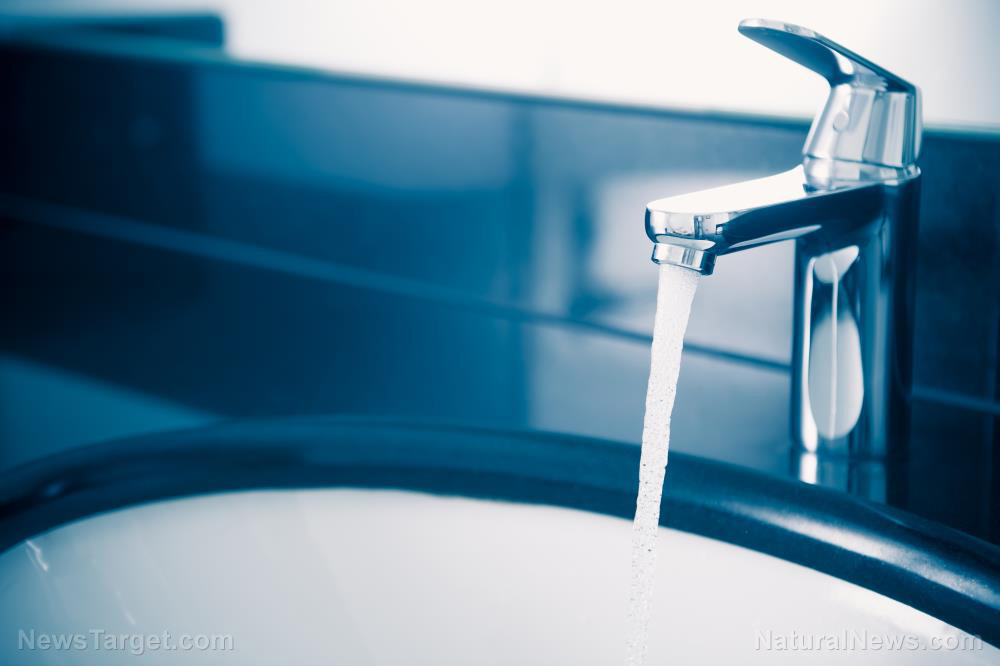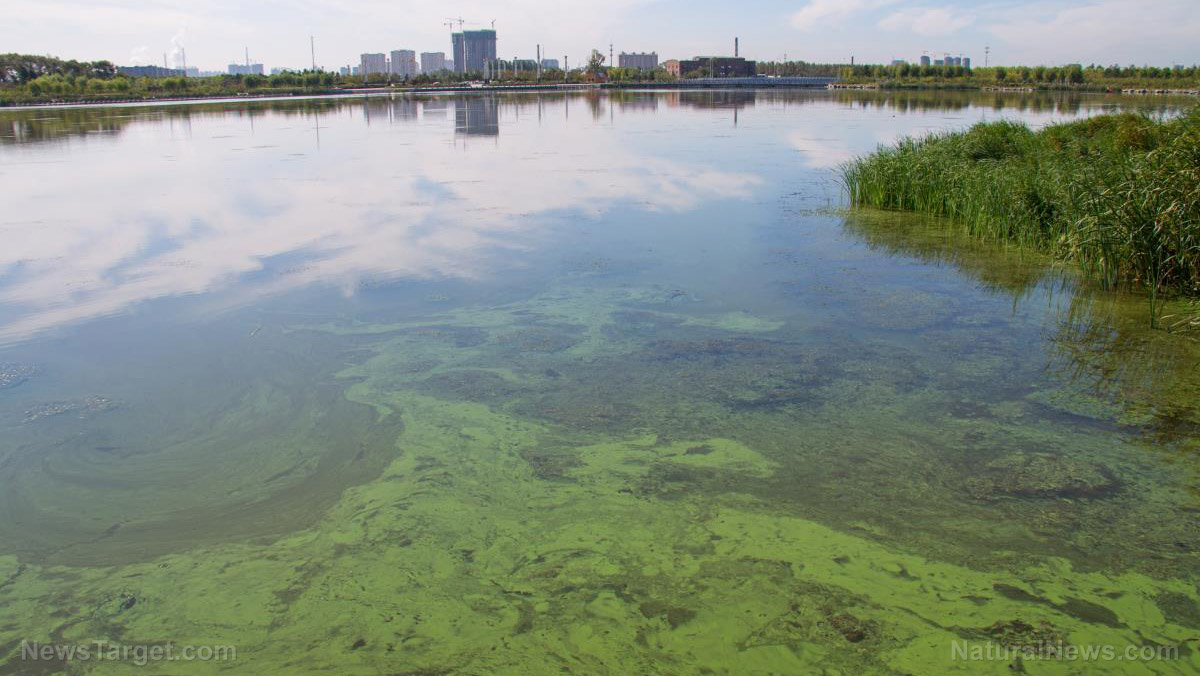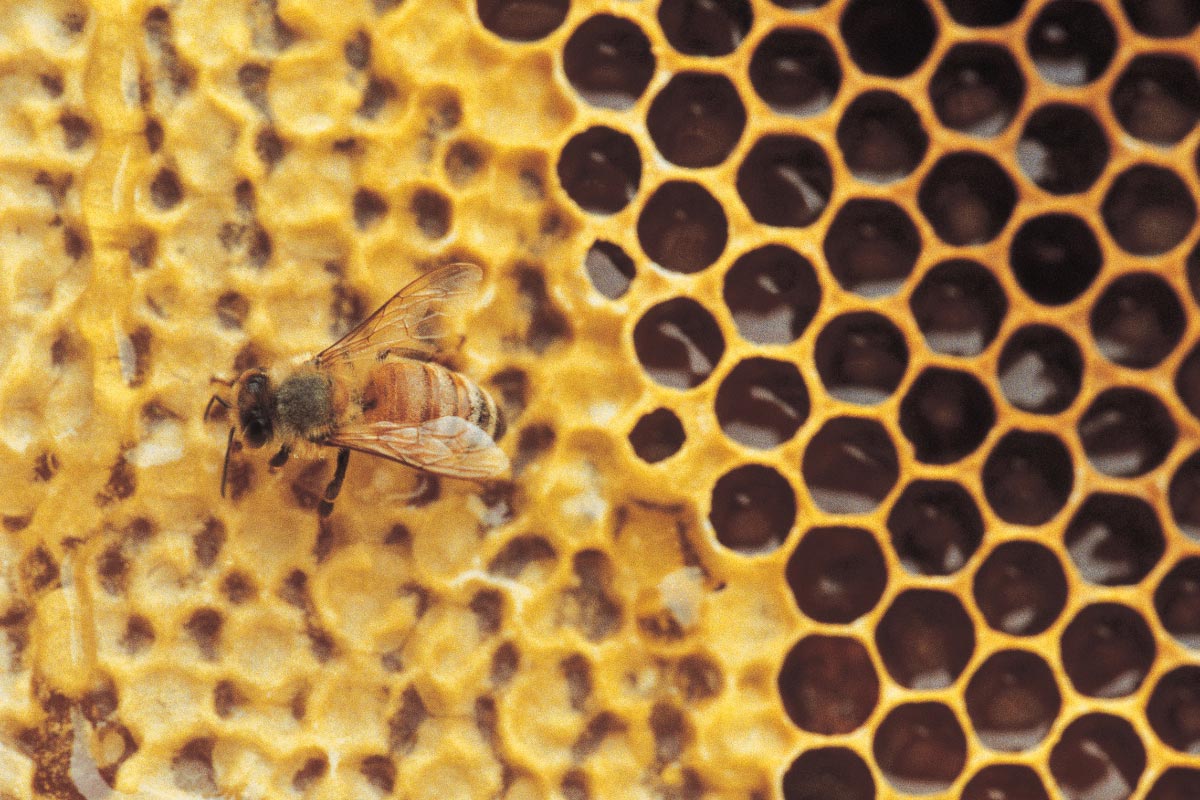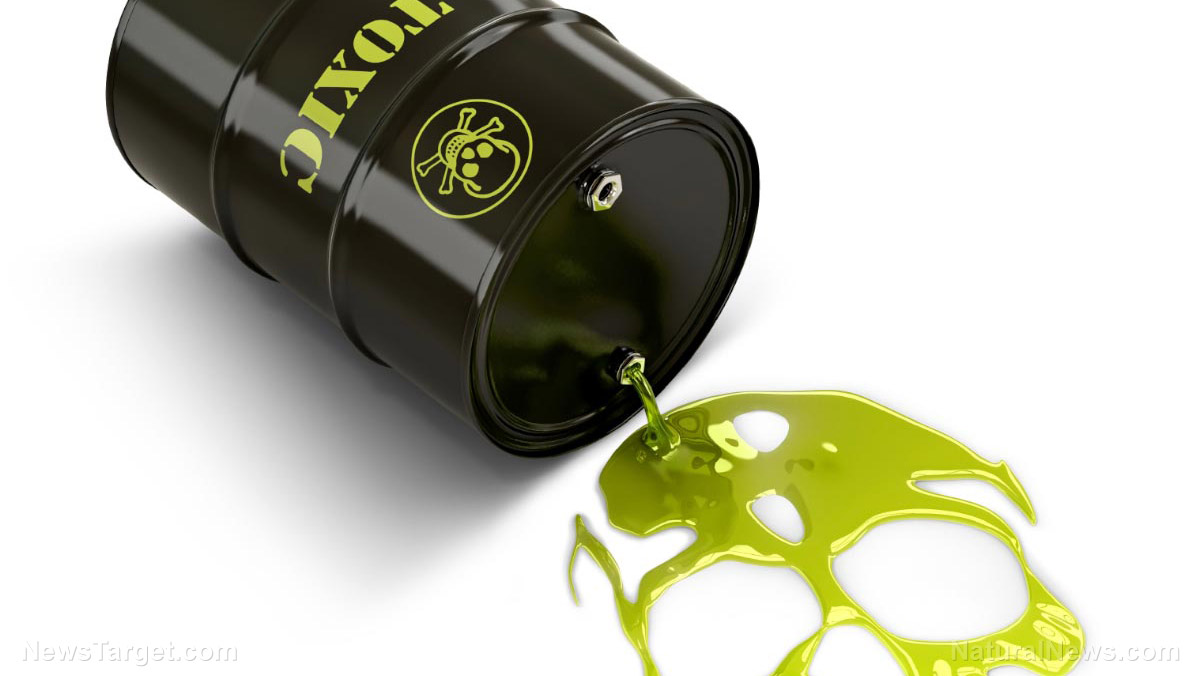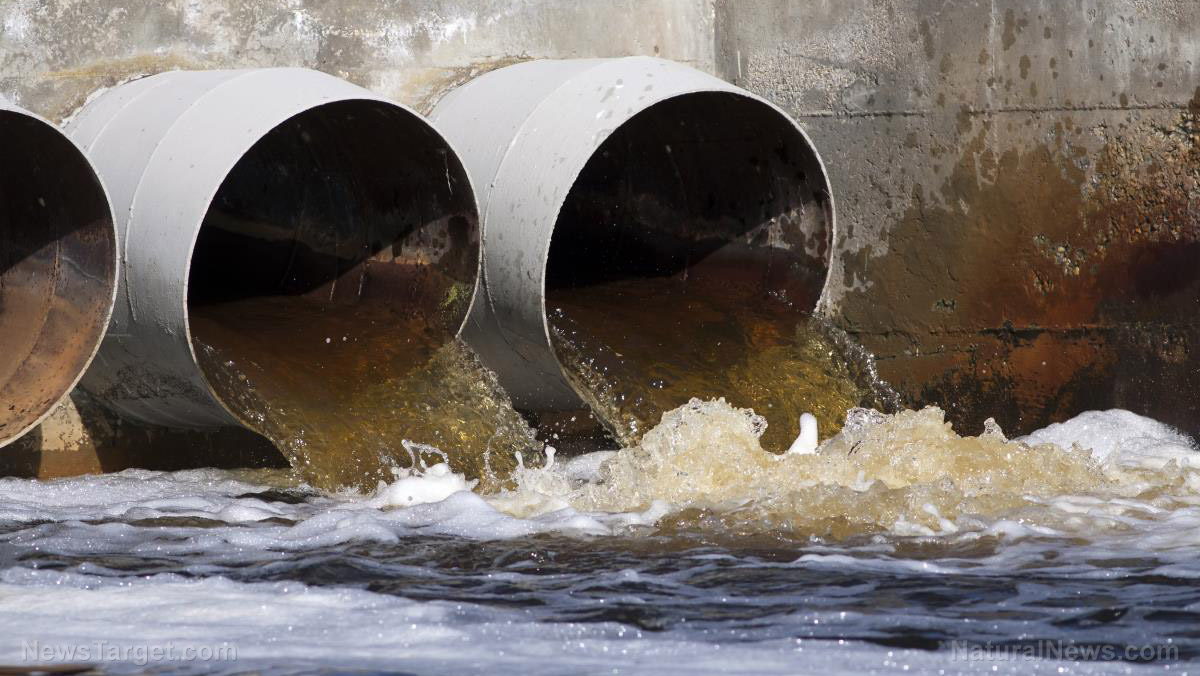Dozens of new contaminants found in drinking water, including forever chemicals, pesticides and radioactive materials
11/08/2021 / By Arsenio Toledo

A new analysis of tap water in the United States found that at least 56 new toxic substances have contaminated the drinking water of Americans over the last two years, including “forever chemicals,” pesticides and radioactive materials.
This shocking revelation was made public by the Environmental Working Group (EWG), an environmental advocacy organization, in its November update. This is the first time the organization has updated its database since it began recording data regarding drinking water health in the U.S. in 2019. (Related: Chemicals found in tap water could be responsible for more than 100,000 cases of cancer.)
Many of the substances were first identified in the water supply as part of the Environmental Protection Agency‘s (EPA) Unregulated Contaminant Monitoring Rule (UCMR). This is one of the first steps in the agency’s regulation process. This system tracks chemicals in water systems and provides the EPA with an idea of how far widespread a certain chemical’s contamination is before it establishes limits for its use.
Among the contaminants found are many per- and polyfluoroalkyl substances, or PFAS. These are a toxic class of forever chemicals that are used in many industries and are believed to be contaminating the drinking water of more than 100 million Americans.
Other contaminants found in drinking water include water disinfectant byproducts, pesticides and even radioactive substances.
There are also substances in drinking water that have been in production for years now and the EPA has done nothing about them. There are also substances that are just now beginning to be used by industries in larger quantities without regard for the health of Americans.
Health regulators have only recently started monitoring many of these substances and observing their potential links to health problems.
One of the substances found in the drinking water is HAA-9, a contaminant byproduct of the drinking water disinfection process. Corporations that produce HAA-9 as a byproduct claim that it is safe, but recent studies have linked the contaminant to lower birth rates, and pregnant women who are exposed to low levels of HAA-9 and other water disinfection products are more likely to give birth to underweight babies.
EPA could have done more to prevent spread of harmful contaminants in drinking water
EWG senior scientist Tasha Stoiber pointed out that the organization would have probably discovered even more contaminants in the drinking water had American regulators and utility companies properly monitored the water supply.
“It speaks to the fact that we don’t have nearly strong enough regulations in place to protect drinking water, and the regulation process is much too slow,” said Stoiber. “We’re testing for things that are already in our drinking water after the fact and we’re not keeping pace with these chemicals.”
EWG President Ken Cook accused the EPA of being unable to stand up to water utilities and industries that pollute drinking water.
“The EPA has become very good at constantly reassuring the public that all is well with the water coming out of their taps,” said Cook in a statement. “That message is music to the ears of polluters who’ve fouled source waters and water utilities wary of treatment and infrastructure costs. But it’s just not true – and the EPA’s own scientists know it.”
The EPA can limit the spread of toxic chemicals in water supplies. But creating these new limits can be a lengthy process, and the EPA has failed to set new limits to any toxic chemicals under the UCMR in the 20 years since this rule was first implemented.
Back in 2013, for example, the EPA found what Stoiber characterized as “eye-opening” levels of PFAS compounds in the water supply. But the agency is only going to set water limits next year for two of the many harmful compounds it has discovered in tap water.
In different states, regulatory bodies are working to put stricter regulations in place for chemicals like PFAS that were detected in their respective water supplies.
Before any of these new rules are passed and regulations put in place to stop industries from dumping toxic compounds and byproducts into the water supply, Stoiber believes there is not much that people can do.
She advised people to educate themselves about which contaminants could be in their drinking water, purchase water filters and advocate for stronger controls regarding what compounds can be in the water supply.
The more people understand what is currently in their tap water, the more they may be motivated to push for stronger protections against industries knowingly contaminating water supplies.
“Everyone can be educated,” said Stoiber. “Contact the local utility, ask them questions about what they’re doing and push for stronger regulations that protect people’s health.”
Learn more about the dangers of drinking contaminated tap water at CleanWater.news.
Sources include:
Tagged Under: contaminants, dangerous, discoveries, drinking water, environment, EPA, tap water, toxic chemicals, toxins, water, water health, water supply
RECENT NEWS & ARTICLES
COPYRIGHT © 2017 EPA WATCH


